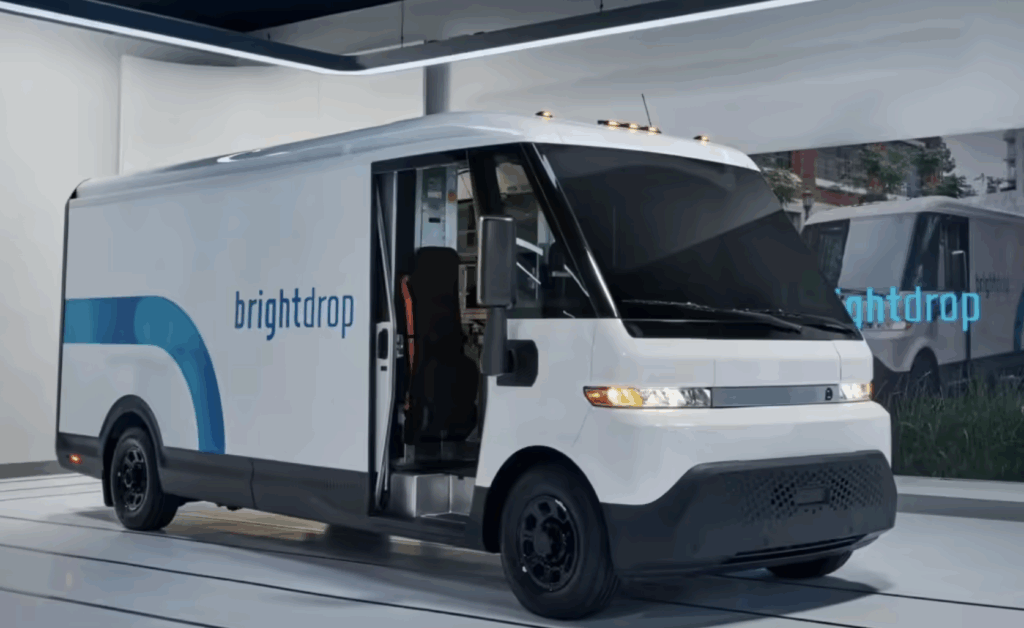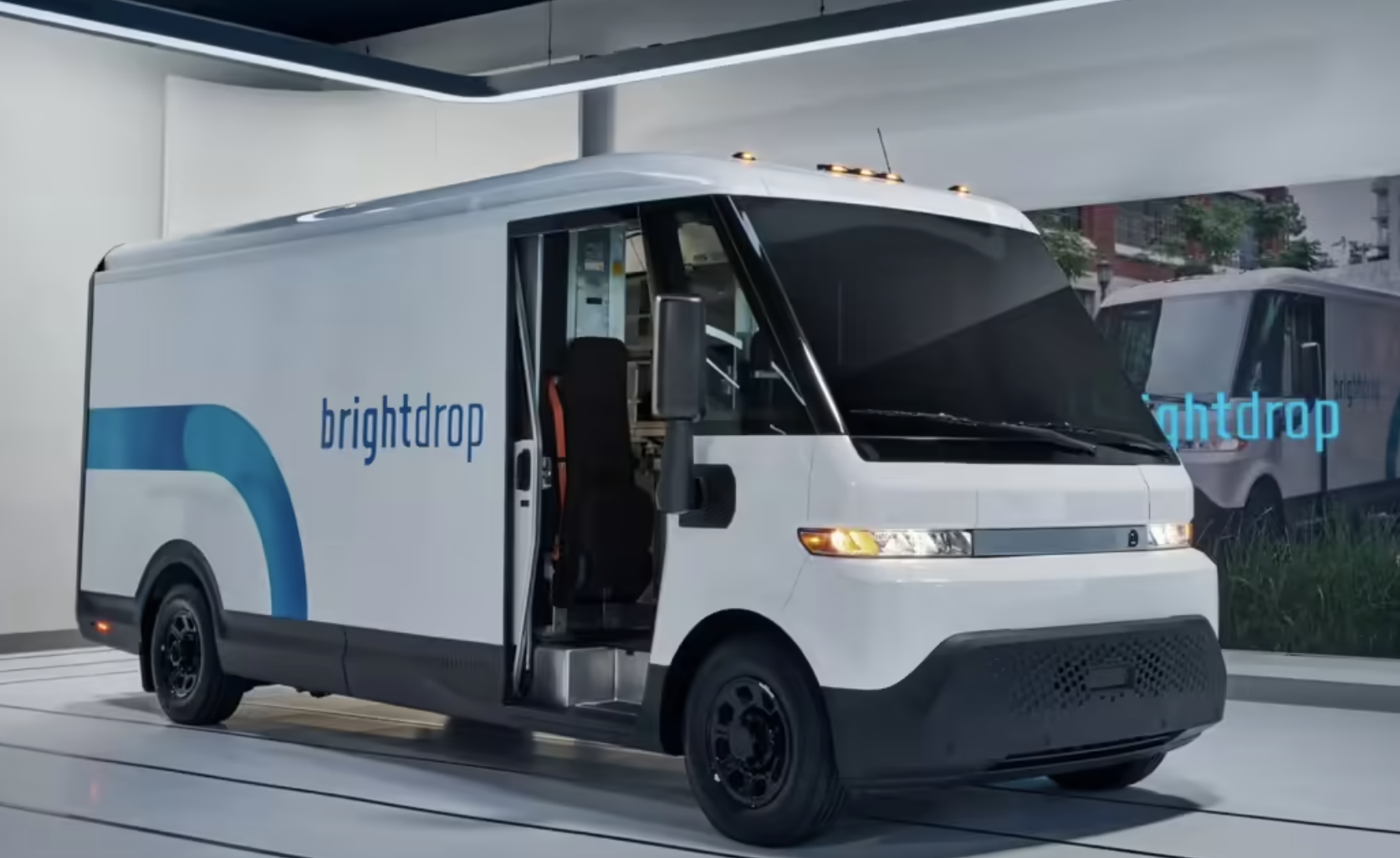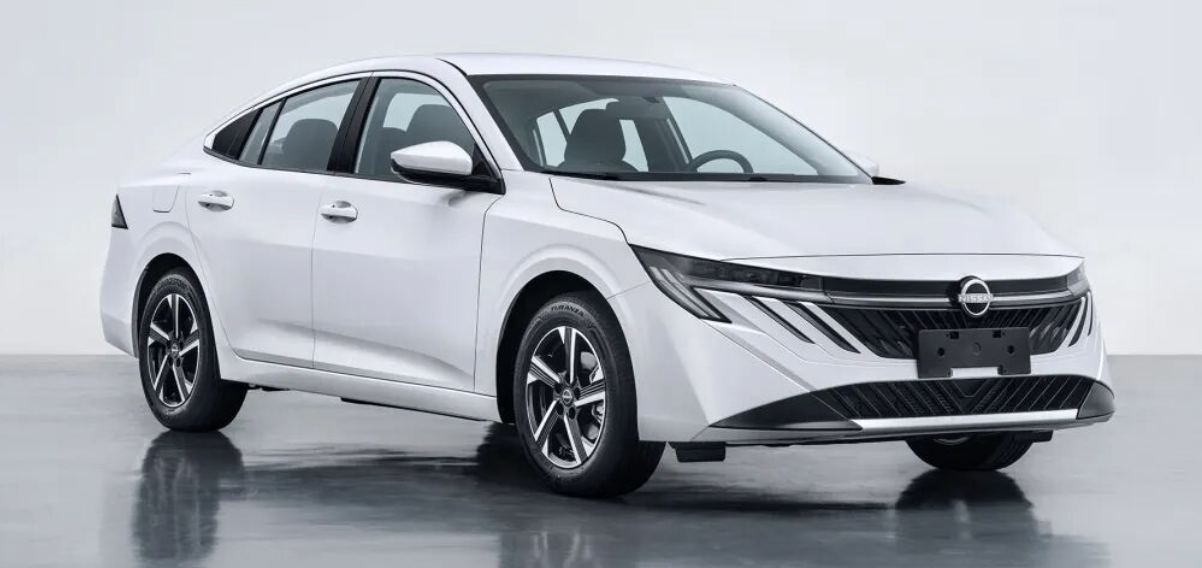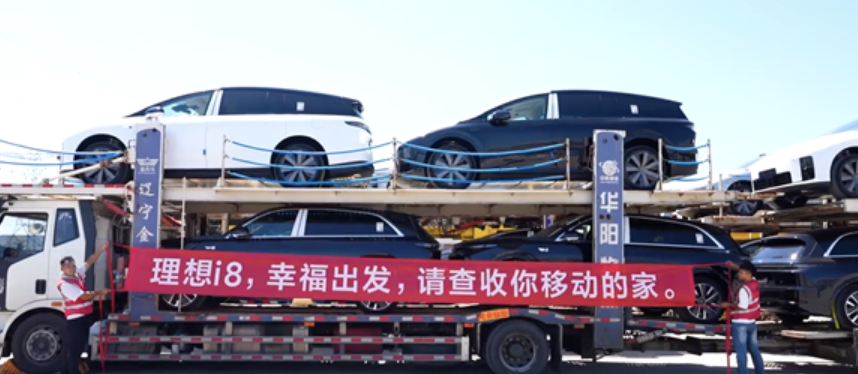On October 22, General Motors officially terminated production of its underperforming BrightDrop electric vans, which had been manufactured at the CAMI Assembly Plant in Ingersoll, Ontario. The company stated that “the growth of the commercial electric delivery van market has been significantly slower than expected.”
GM began producing these vans in late 2022, when BrightDrop operated as an independent brand with a very limited dealer network — only seven retail points across the United States.

To boost sales, GM integrated the BrightDrop brand into the Chevrolet lineup last year, hoping to greatly expand its distribution network. However, the effort failed, and unsold vehicles continued to pile up. Earlier this year, GM paused production and donated 59 vans to the American Red Cross to help reduce inventory — a gesture that barely made a dent in the problem.
Production was originally scheduled to resume in May this year, followed by another shutdown for retooling the line for the 2026 model year. Although assembly briefly restarted in May, GM has now officially announced the discontinuation of the BrightDrop project and confirmed that no 2026 models will be produced.
GM attributed the shutdown to several factors, including weak market demand, changes in regulatory policy, and the removal of related U.S. tax incentives. The company described the move as part of a “broader adjustment of EV production capacity” across North America.
Undeniably, the cost of this decision will be borne by front-line blue-collar workers. GM said: “Affected hourly employees will receive six months of pay, along with potential lump-sum compensation and other benefits.” The company also stated that the future role of the CAMI Assembly Plant will be “re-evaluated.”
The Canadian auto workers’ union, Unifor, reacted with outrage, blaming what it called the “dangerous and unstable auto industry policies” of the Trump administration — though this accusation conveniently overlooks the BrightDrop vans’ long-standing poor sales performance.
Unifor National President Lana Payne said in a statement: “The reality is that the CAMI plant has suffered a double blow from Trump’s policies — his administration has actively weakened EV support programs while imposing a 25% tariff on Canadian auto assembly plants. Now, over 1,000 workers and their families are paying the price for Trump’s political interference and GM’s failure to stand firm.”
Other union officials also condemned GM for “abandoning” its workforce, stressing that these employees “deserve a future at CAMI, not a dead end.” GM’s earlier decision to eliminate a shift at its Oshawa Assembly Plant in Ontario next January has further deepened concerns about the company’s long-term manufacturing strategy in Canada.
Given the current situation, Unifor announced it will immediately hold talks with GM and the Canadian federal government, urging the company to “assign new vehicle programs to CAMI” and ensure that the plant remains a key part of Canada’s automotive manufacturing industry.
Kristian Aquilina, president of General Motors Canada, said: “The decision to end BrightDrop electric van production was driven by market demand and in no way reflects negatively on the dedication or skill of the CAMI workforce.” She added: “While the future of CAMI employees remains uncertain, we are committed to working closely with our employees, Unifor, and both the Canadian and Ontario governments to determine the next steps for the CAMI facility.”



